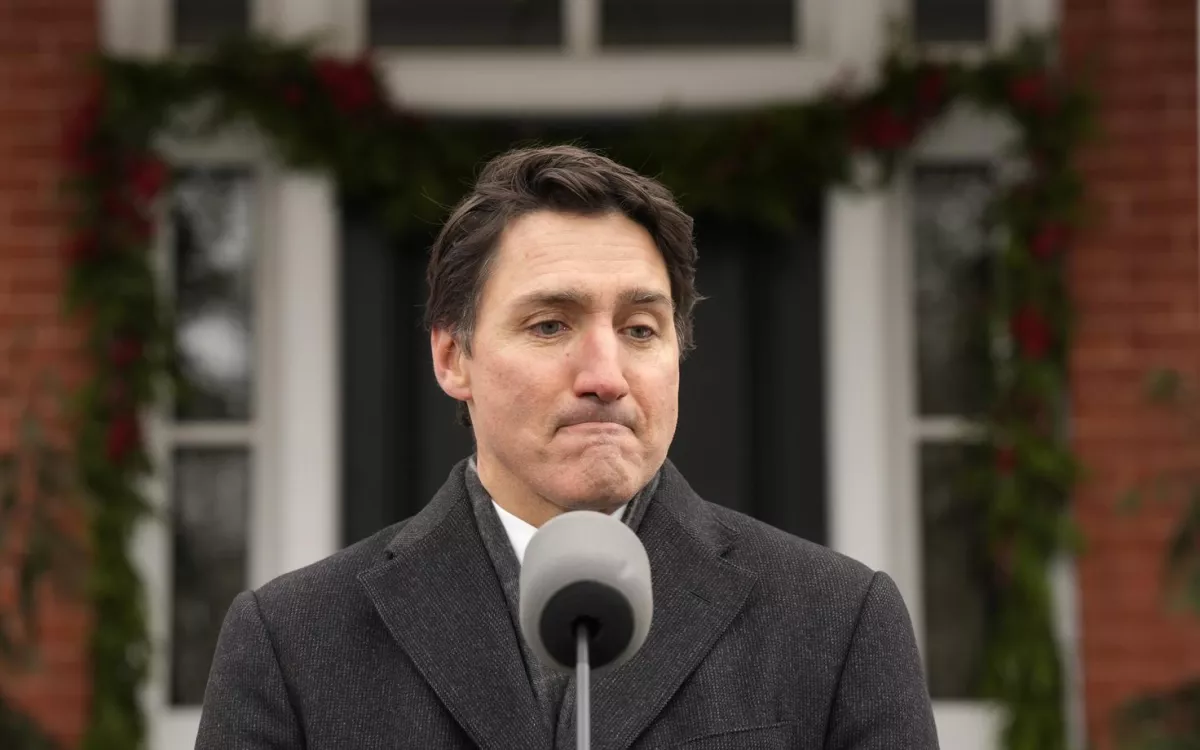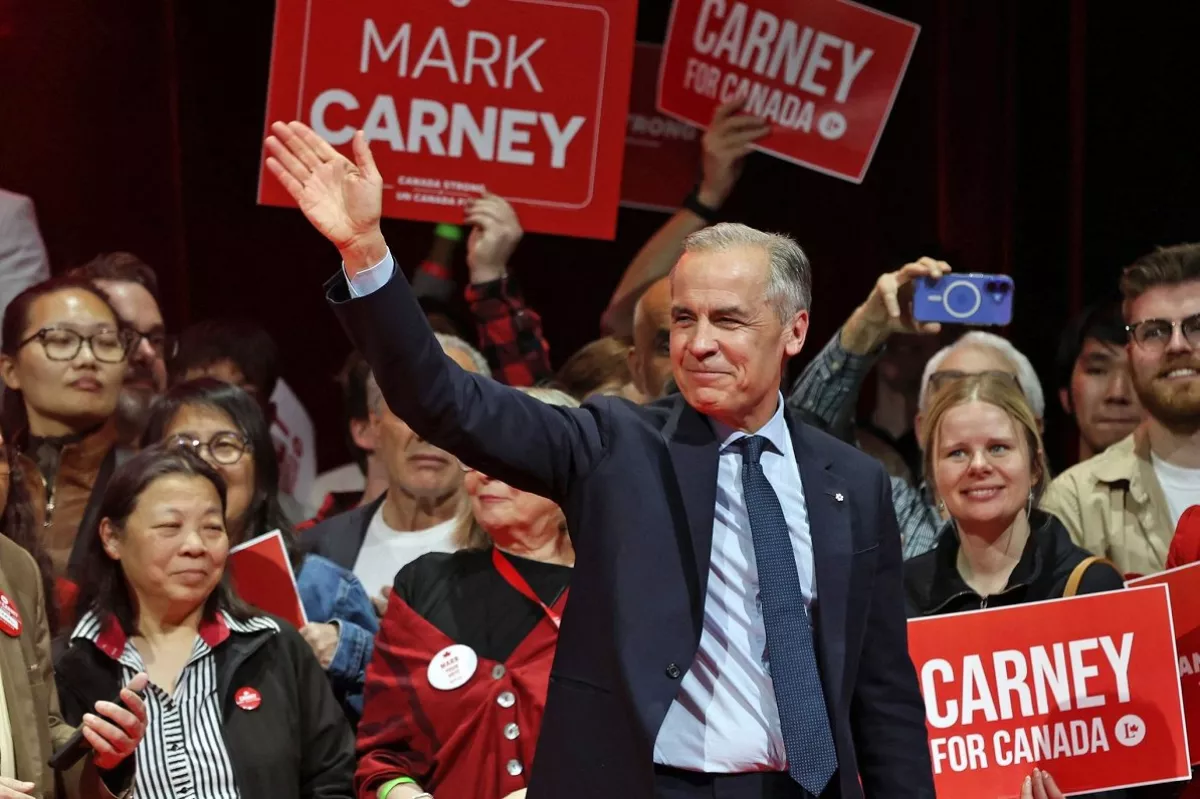The alarming rustle of maple leaves Trump’s antipode next to the US
The ruling Liberal Party of Canada, led by current Prime Minister Mark Carney, won the snap election, securing enough seats in parliament to form a government.
The scheduled parliamentary elections in the land of the maple leaf were supposed to take place in October this year, were it not for the governmental crisis that shook Canada. The root cause of the crisis lies in the economic recession the country has been experiencing in recent years. Inflation, rising taxes and budget deficits, and unemployment are just some of the negative issues blamed on the ruling party by the public. As a result, in January this year, the former Prime Minister Justin Trudeau, more concerned with the color of his socks than the state of affairs in his home country, stepped down from the position of leader of the Liberal Party, and in March, he passed the position of Prime Minister to the newly elected Liberal leader, Mark Carney.

Despite the charismatic image of the new prime minister, his party was predicted to lose—such was the decline in the Liberals' approval ratings amid public dissatisfaction with their economic policies. In January of this year, the Conservative Party, led by Pierre Poilievre, was ahead by as much as twenty points. They likely would have won if not for the intervention of their ideological opponent... Donald Trump.
Poilievre had already earned the reputation of being the "Canadian Trump," which, for a time, only helped to boost his popularity. The associations with the latter were made in a way that was acceptable for the moment: anti-immigration slogans, promises to reduce spending, a tough style—none of which touched on the existential concerns of Canadians.
However, the victorious Trump, barely stepping over the threshold of the White House, went ahead and declared his claims on Canada, expressing a desire to turn the country into the 51st state of the United States. Since then, Trump has consistently repeated these claims, without regard for the sensitive pre-election period in Canada. On the contrary, with naive confidence, he openly supported the conservative candidate, stating that he would approve of Poilievre as Canadian Prime Minister, as their positions were closely aligned. He framed the election as a battle for the minds of Canadians, urging them to elect a leader who would "halve taxes and boost military power to new heights," hinting that Canada could become the 51st state of the U.S.
This was a huge tactical mistake on Trump's part, one that practically determined the outcome of the election. After his statement, Poilievre's candidacy became firmly associated not only with Trump's style but also with his plans for Canada. Many Canadians flocked to the polls and voted for the Liberals, not out of sympathy for Carney, but as a protest against the American leader. This happened despite Poilievre himself openly criticizing Trump, trying to demonstrate that "he’s not with me."
Trump genuinely believed that Canadians, tired of the liberal free-for-all, were ready, if not to join the U.S., at least to elect a government that would become a clone of his administration, steering the country in the wake of Washington. It’s strange that he didn’t take into account a psychological factor like national pride. People are generally willing to sacrifice their well-being when their dignity is at stake.
In the end, it turned out just like in the iconic Soviet comedy: "He who hinders us, helps us."

On the other hand, Mark Carney, former head of the Bank of Canada and the Bank of England, a charismatic and calculating politician, perfectly fit the role of Trump’s antipode. He was able to turn the anti-American sentiments—triggered not only by territorial claims but also by the trade tariffs imposed on Canada—into his advantage. As a result, Canada received another four years of Liberal rule, a party that had already proven its ineffectiveness over the previous 10 years. However, there is still the role of the individual in history, referring to Carney, who may be able to adjust the country’s economic course.
For now, Canada is celebrating. And, it must be added, no less so is the ruling elite of the Old World, for whom the Liberal victory in Canada was the first revenge over Trump, the first successful liberal reaction against the conservative revolution declared by the Americans. Ursula von der Leyen directly stated that Canada is a reliable European ally in the fight for "fair trade." Clearly, this implies fair trade—unlike the one the White House proposes.
It’s likely that von der Leyen and Co. derive particular satisfaction from the fact that the blow was struck precisely as Trump was completing his first 100 days in office—this period is considered symbolic, when the first results of a new administration's actions are typically assessed, and early verdicts on its effectiveness are passed. The sting of this blow is made even sharper by the fact that it occurred on American, in the broadest sense of the term, territory.








